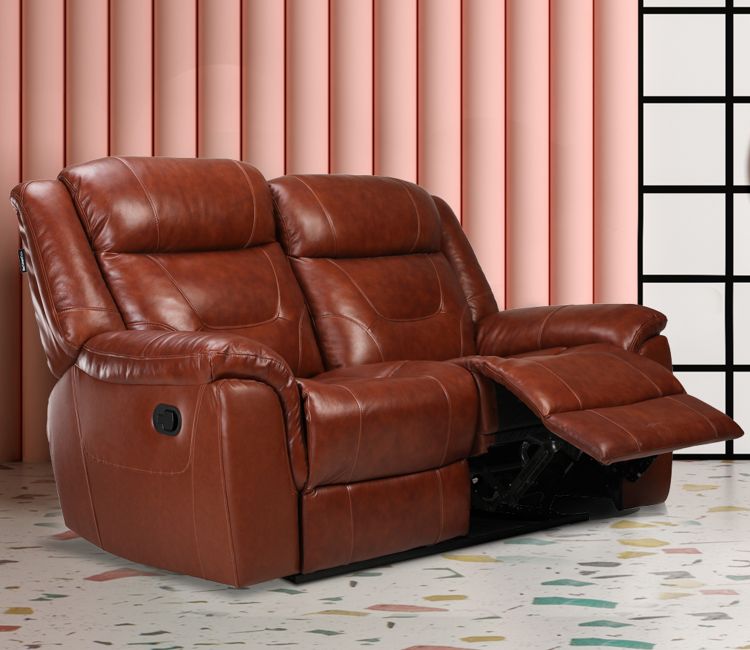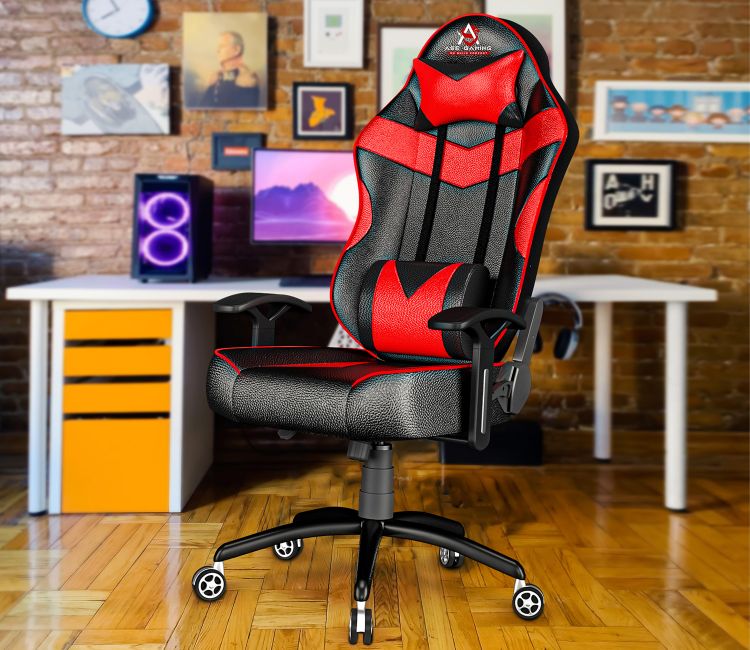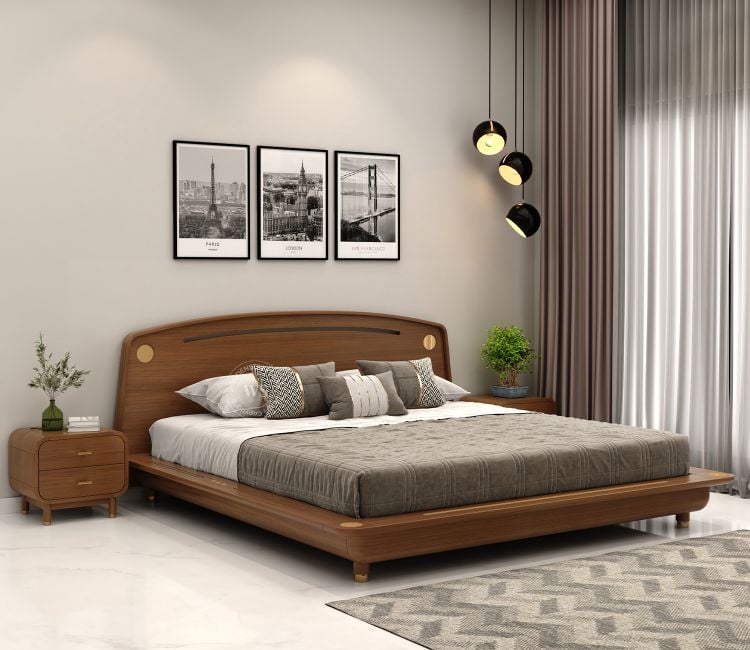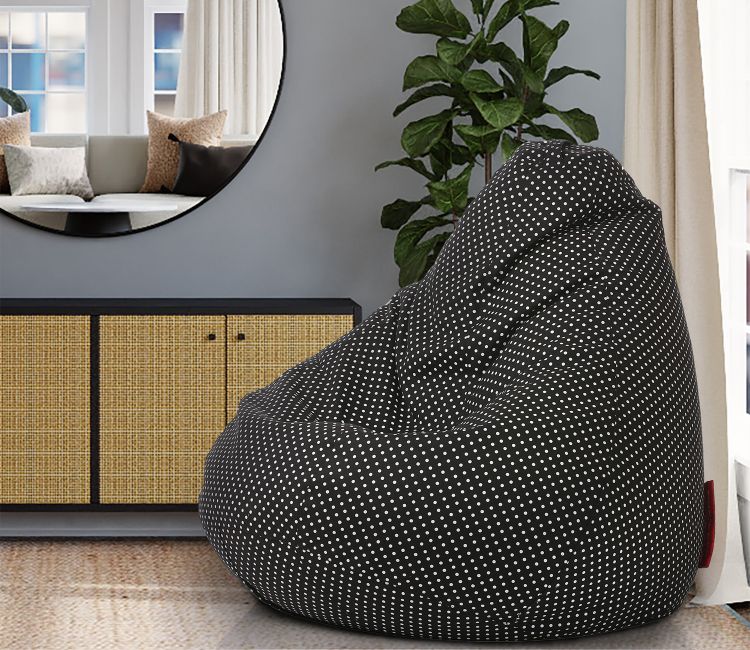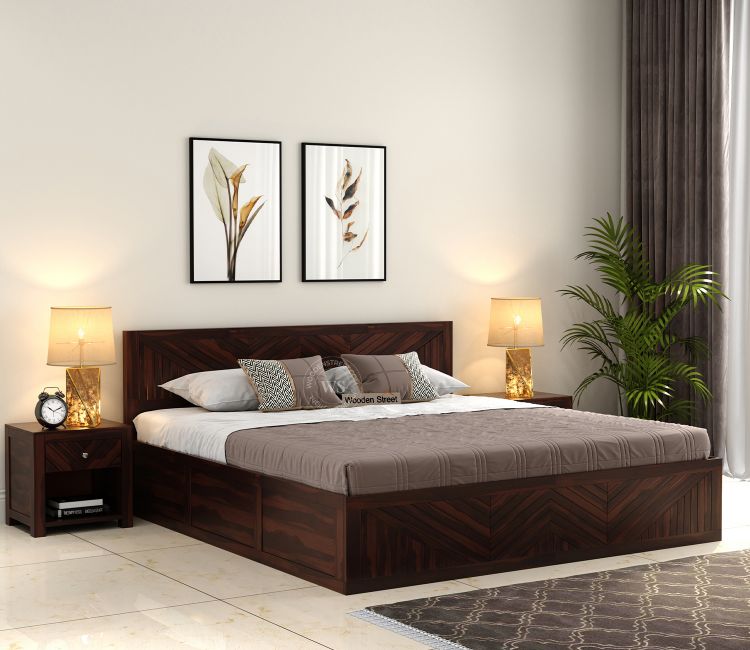How to Organize Plates and Bowls in Your Kitchen for Maximum Efficiency
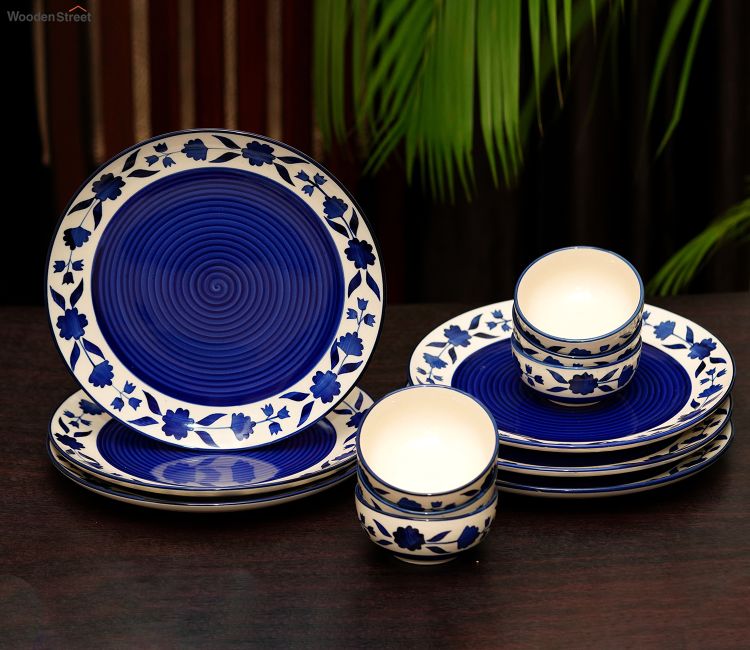
Plates and bowls are essential components of any kitchen, but their storage and organization often pose a challenge. Whether you have a compact kitchen or a spacious one, organizing these items effectively can save time, protect your dinnerware, and enhance your overall cooking and dining experience. With a few practical tips and creative ideas, you can ensure that your plates and bowls are stored neatly and are always within reach.
Here’s a complete guide to organizing your plates and bowls for maximum efficiency and convenience:
1. Declutter Before Organizing
The first step to a well-organized kitchen is decluttering.
Sort Your Plates and Bowls
Separate your dinnerware set into categories: dinner plates, salad plates, soup bowls, and serving bowls.
Discard or donate chipped, mismatched, or unused items.
Assess Your Needs
Consider how many plates and bowls you actually use daily versus those reserved for special occasions.
Keep the frequently used items accessible and store occasional ones separately.
2. Choose the Right Storage Space
Kitchen Cabinets
Cabinets are the most common storage option for plates and bowls.
Assign separate shelves for plates and bowls to avoid mixing.
Use adjustable shelves to accommodate items of varying heights.
Drawers
Deep drawers can store stacks of plates and bowls efficiently.
Add non-slip liners to keep items in place.
Use dividers or organizers to separate different sizes and types.
Open Shelves
Open shelving is ideal for showcasing your dinnerware.
Arrange plates and bowls by size and color for a visually appealing display.
Limit the items to your most frequently used or decorative pieces.
3. Use Storage Accessories
Plate Holders
Vertical Plate Holders: Save space by storing plates upright.
Stacking Racks: Create additional layers within your cabinets for better organization.
Bowl Stands
Stack bowls in tiers using a bowl stand or nesting method to save space.
Ensure that heavier bowls are at the bottom to maintain stability.
Lazy Susans
A rotating lazy Susan can make it easy to access plates and bowls in corner cabinets.
Under-Cabinet Racks
Hang plates or small bowls using under-cabinet racks, freeing up cabinet and countertop space.
4. Organize by Frequency of Use
Arrange your plates and bowls based on how often you use them:
Everyday Use
Store daily-use plates and bowls on lower shelves or in easily accessible drawers.
Stack them neatly with the most frequently used items on top.
Occasional Use
Place fine china or serving bowls for special occasions on higher or less accessible shelves.
Use protective padding to prevent scratches or chips.
5. Maximize Vertical Space
If your kitchen has limited horizontal storage, consider vertical solutions:
Wall-Mounted Racks
Install wall-mounted racks to hold plates and bowls, especially near the sink or dining area.
Pegboards
Use a pegboard to hang bowls or plate racks for a modern and functional look.
Tiered Stands
Tiered stands on countertops can hold smaller plates and bowls, saving cabinet space.
6. Use Labels for Easy Identification
If you have a large collection of plates and bowls, labeling can help:
Label cabinet shelves or drawers with the type of dinnerware stored.
Use transparent bins or containers to store small bowls or dishes and label them accordingly.
7. Protect Your Dinnerware
Use Padding
Add felt or silicone pads between stacked plates to prevent scratching.
Place foam or cloth liners between delicate bowls for added protection.
Avoid Overloading
Don’t overcrowd cabinets or drawers; this increases the risk of chipping.
Keep stacks manageable, especially with heavier stoneware or ceramic pieces.
Handle With Care
Lift stacks of plates and bowls carefully to avoid accidental slips.
8. Optimize Small Kitchens
If you’re working with a small kitchen, creative solutions can make all the difference:
Compact Plate Racks
Use slim racks or vertical plate organizers to maximize limited shelf space.
Nesting Bowls
Invest in nesting bowl sets to save space and reduce clutter.
Multi-Functional Furniture
Choose furniture like sideboards or kitchen carts with built-in storage for plates and bowls.
9. Display Dinnerware as Décor
Your plates and bowls can double as decorative elements:
Use open shelves or glass-front cabinets to showcase colorful or patterned dinnerware.
Arrange plates upright on plate stands or holders for a gallery-like effect.
Mix and match your display with other kitchen décor items like vases or cookbooks.
10. Rotate for Longevity
To ensure even wear and tear on your plates and bowls:
Rotate the stack regularly so that all pieces are used equally.
For seasonal or decorative plates, switch them out periodically to keep your setup fresh.
Why Organizing Plates and Bowls Matters
A well-organized kitchen is not only aesthetically pleasing but also highly functional. Proper organization of plates and bowls offers:
Time-Saving: Easy access to the right dinnerware when needed.
Durability: Protection from chips and scratches, prolonging the life of your dinnerware.
Space Optimization: Efficient use of available storage, even in compact kitchens.
Organizing plates and bowls in your kitchen doesn’t have to be a daunting task. With the right strategies and tools, you can create a streamlined and accessible setup that enhances both your cooking and dining experiences. Whether you’re working with a small kitchen or a spacious one, implementing these tips will ensure your dinnerware is stored neatly, safely, and conveniently.
Note: IndiBlogHub features both user-submitted and editorial content. We do not verify third-party contributions. Read our Disclaimer and Privacy Policyfor details.



